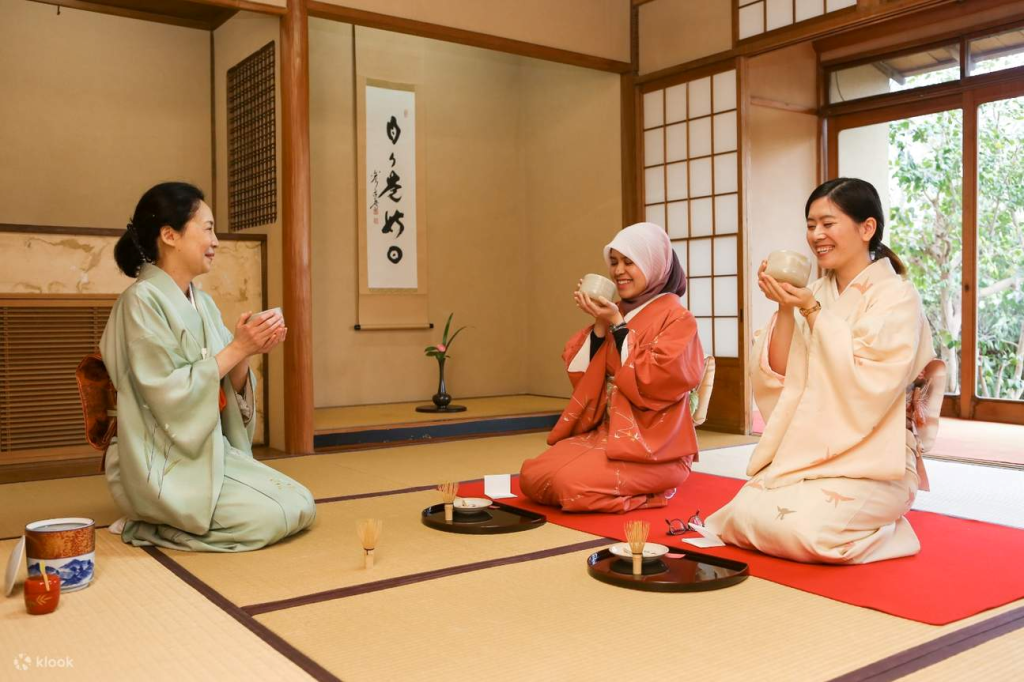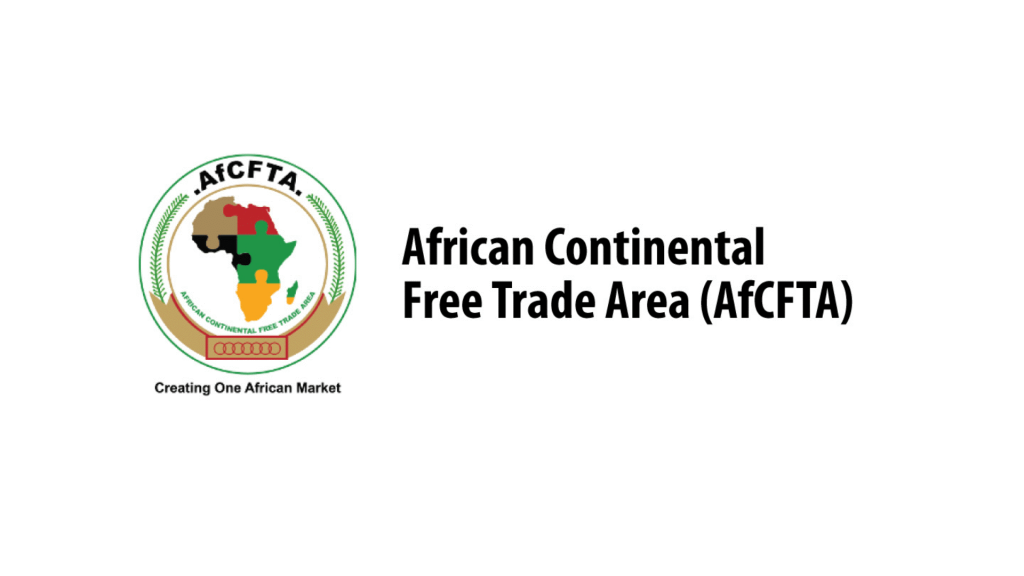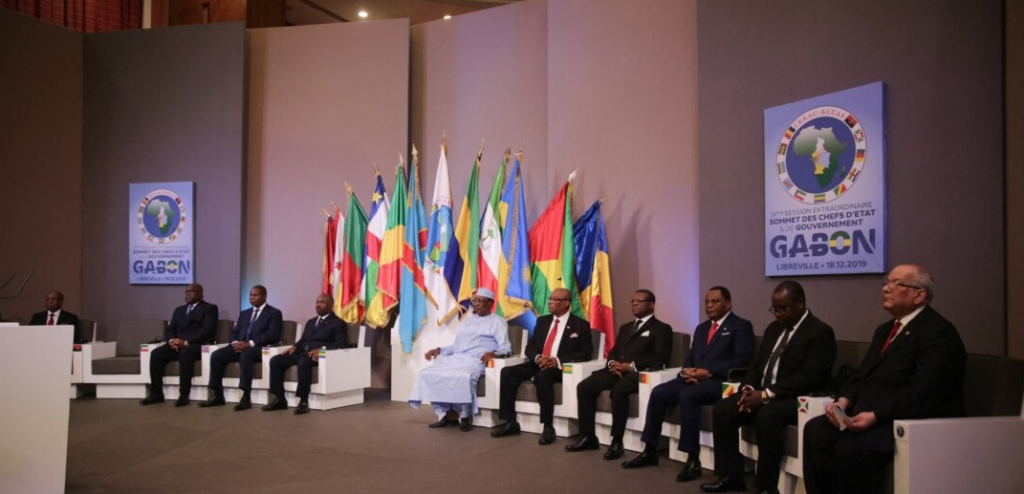Madagascar is an island country located off the coast of Southeast Africa, known for its unique biodiversity and cultural heritage. The Malagasy people celebrate a variety of festivals throughout the year, each with its own religious, historical, and social significance.
Independence Day
Madagascar gained its independence from France on June 26, 1960. This day is celebrated annually with parades, speeches, and cultural events throughout the country (World Atlas, 2022).
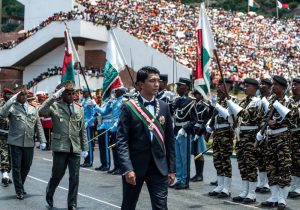
https://legideon.org/index.php?page=view/article/1693
Famadihana
Also known as “the turning of the bones,” Famadihana is a traditional festival held by the Malagasy people every seven years or so. During this festival, families exhume the bodies of their ancestors from their tombs, wrap them in fresh shrouds, and dance with them before returning them to their resting places. The festival is a way to honor the dead and reinforce family ties (BBC, 2019).
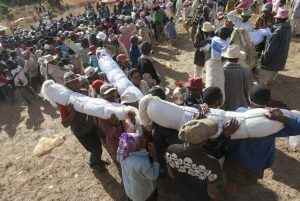
https://www.thecrowdedplanet.com/dancing-dead-famadihana/
Tohakaro
Tohakaro is a harvest festival celebrated by the Betsileo people of Madagascar. The festival takes place in June or July and involves a parade, feasting, and traditional dances. The festival is a way to give thanks to the ancestors and the gods for the harvest (Encyclopedia.com, n.d.).
Alahamadi Be
Alahamadi Be is a festival celebrated by the Sakalava people of Madagascar in honor of the ancestors. The festival takes place in August and involves animal sacrifices, dancing, and feasting. The festival is a way to strengthen the relationship between the living and the dead (Madagascar Travel Guide, n.d.).
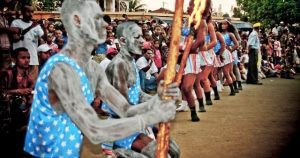
http://www.olaleone.org/2017/02/madagascar-holidays-and-festivals.html

